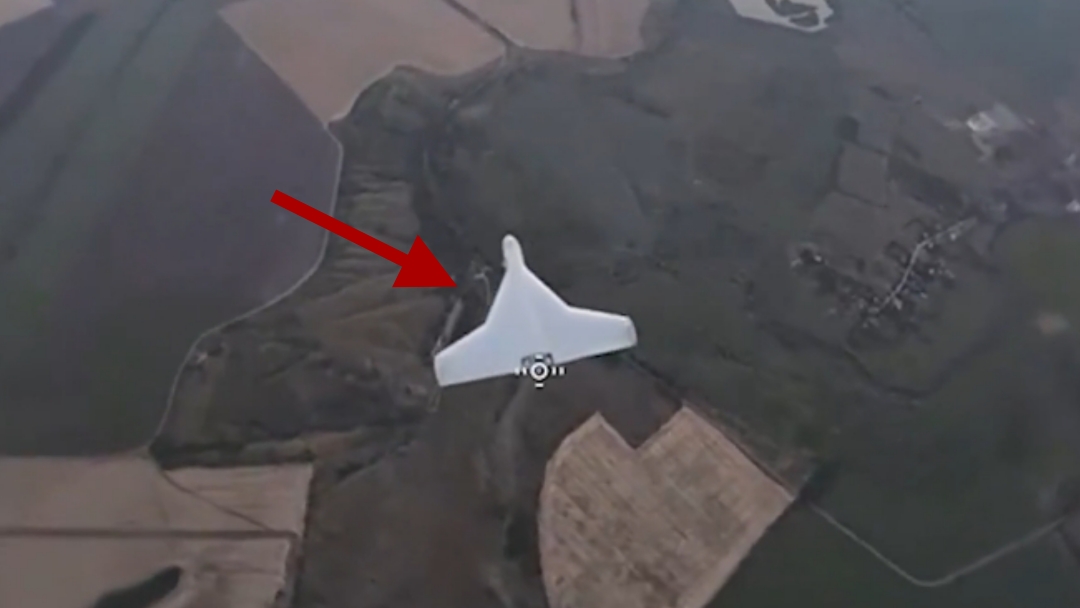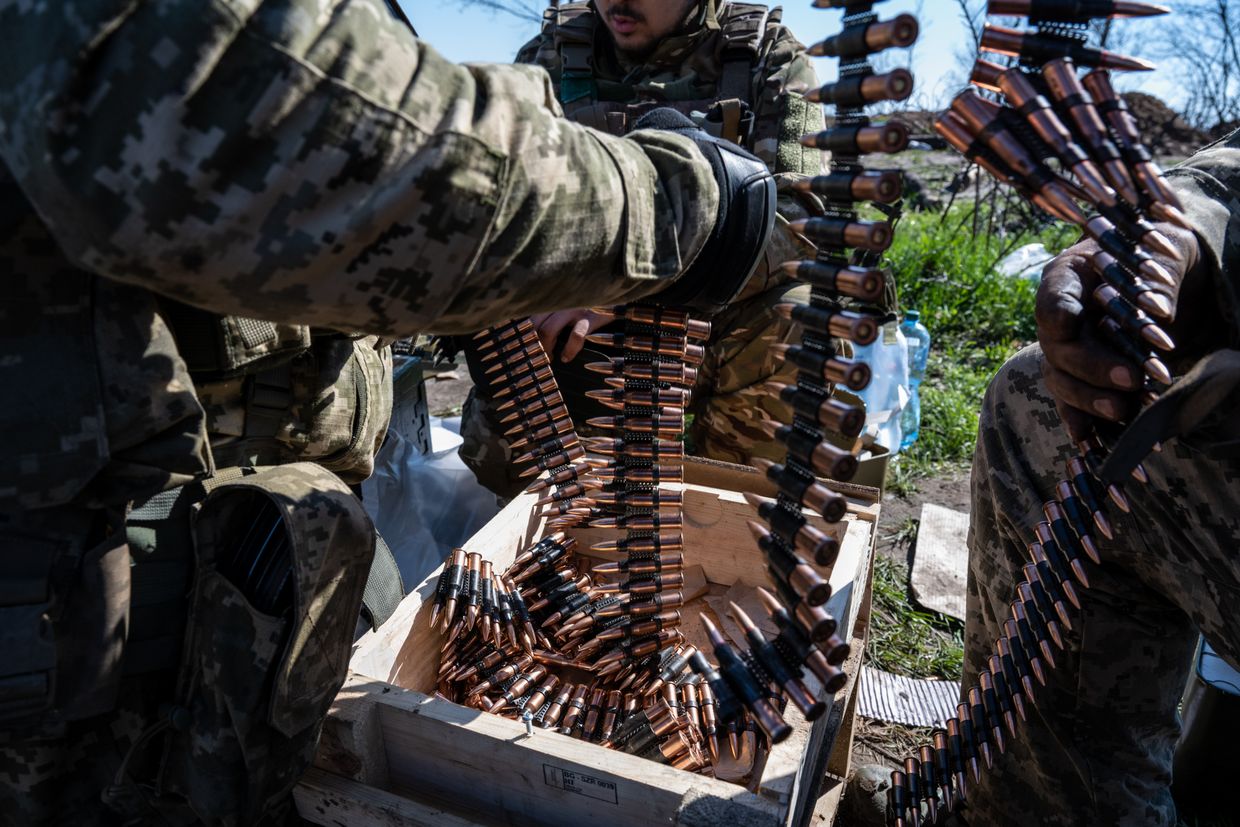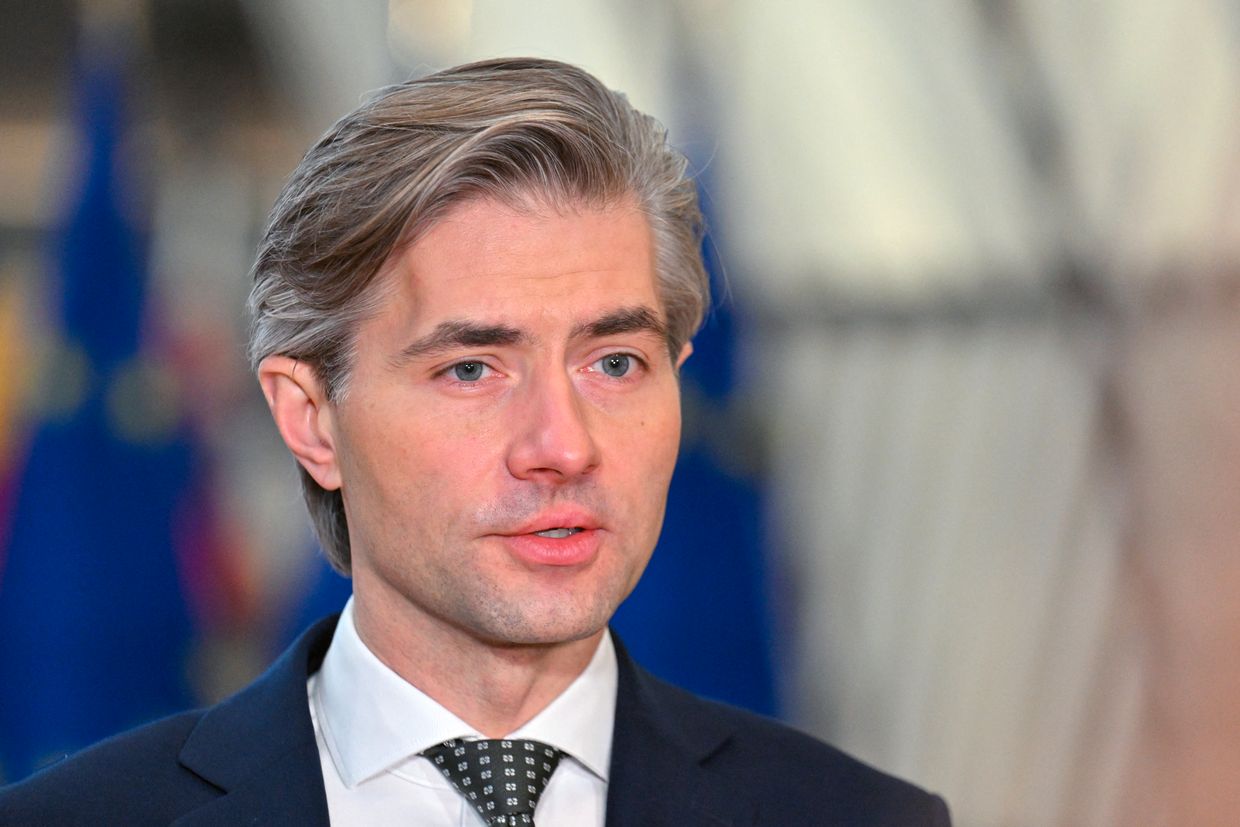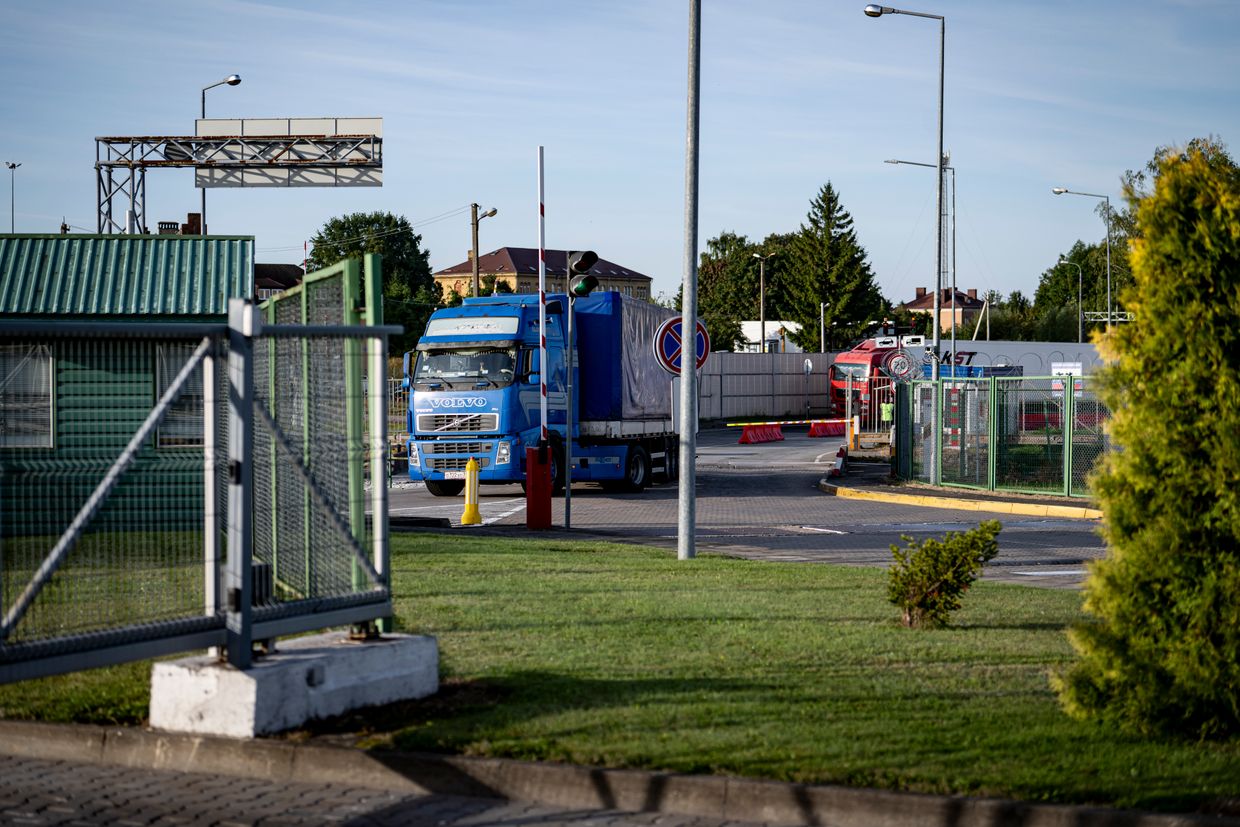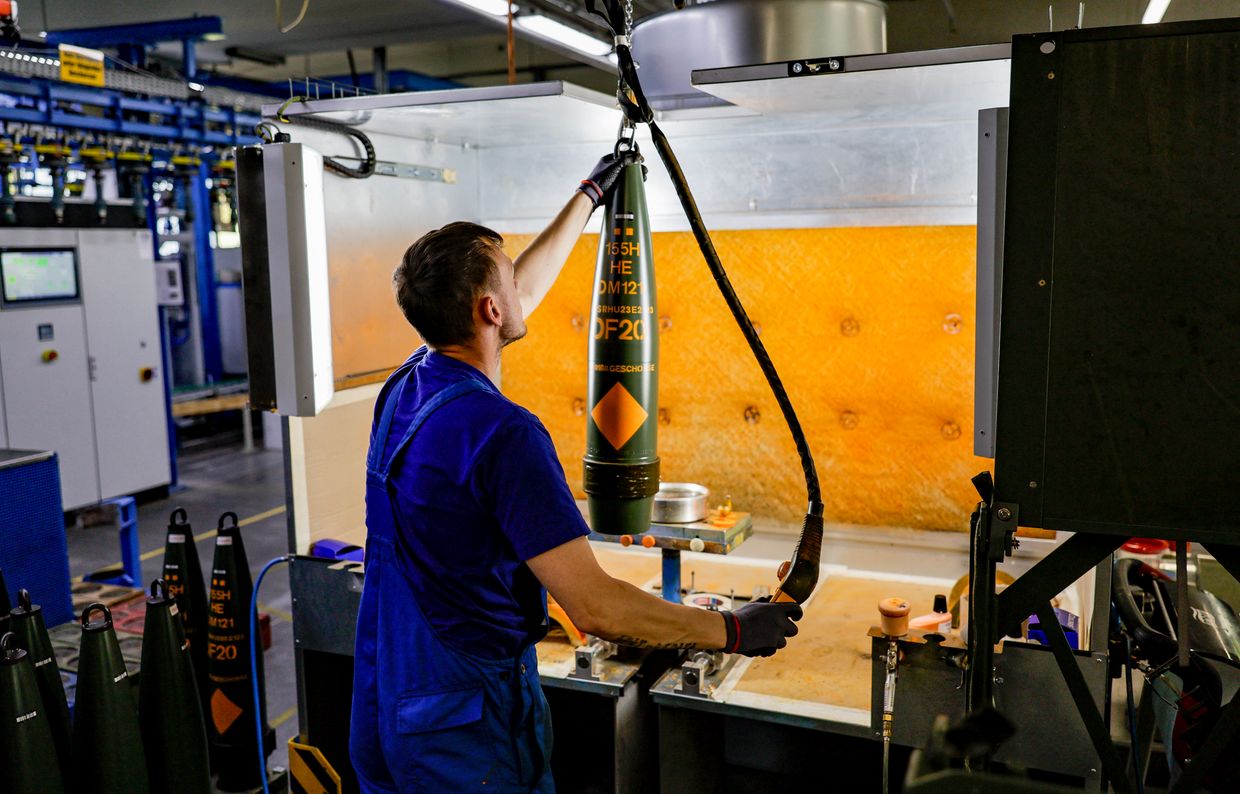SIM cards in downed drones expose Russia’s months-long plan to target Poland and Lithuania
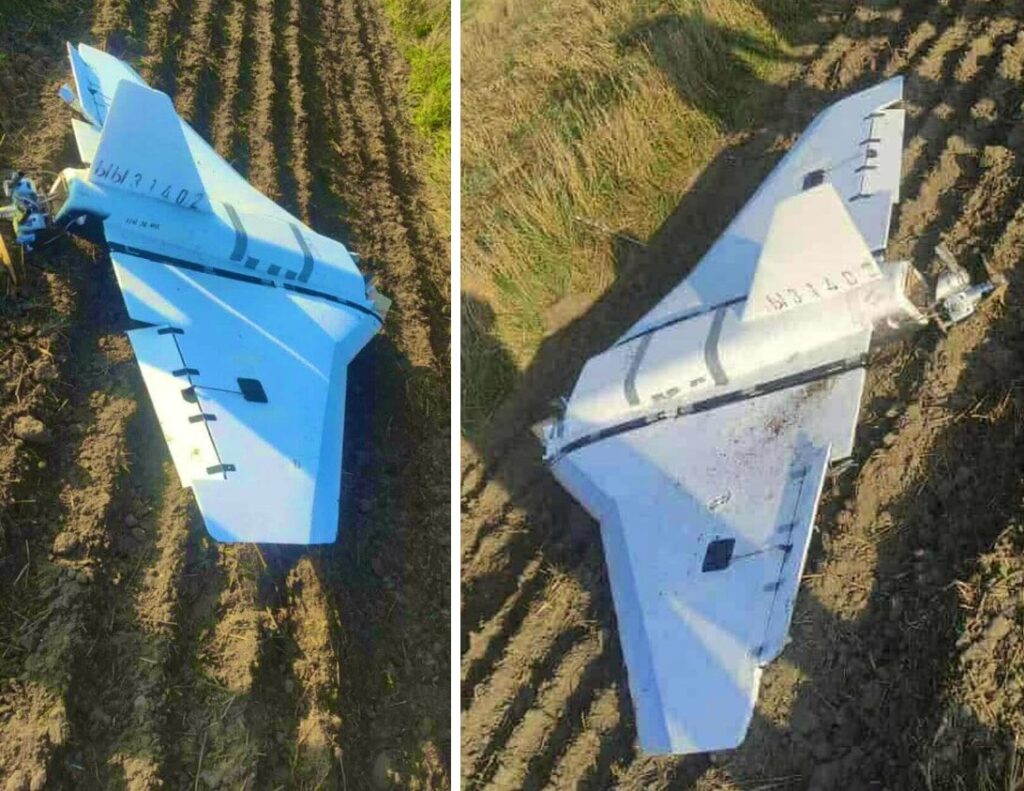
Russian forces had been preparing strikes on Poland and Lithuania for months, using 4G modems with Polish and Lithuanian SIM cards to test drone connectivity as early as June, according to the Ukrainian defense news outlet Defense Express.
SIM cards from Poland and Lithuania found in downed drones
In early July, Polish investigators revealed that wreckage from Russian drones shot down in Ukraine contained 4G modems equipped with SIM cards from Polish mobile operators, as reported by Polish journalist Marek Budzisz. Later, a SIM card from a Lithuanian operator was also discovered in another drone.
Analysts say this detail directly points to Russia’s preparation for drone incursions into NATO airspace, as Moscow tested mobile network connections in advance. The findings were reported to partners in Poland and Lithuania. Still, the revelations triggered little reaction domestically — even as Russian drones began entering Polish airspace regularly during the summer.
Help us tell the stories that need to be heard. YOUR SUPPORT = OUR VOICE“Whether the Russian drones that attacked Poland today had such capabilities remains unknown. At the same time, the assumption that one of the tasks of this Russian attack was precisely reconnaissance of Poland’s air defense system is quite justified,” Defense Express wrote, noting that the Russia-Belarus military drills Zapad 2025 kick off today.
Nighttime drone raids over Poland
During Russia’s air attacks against Ukraine, Moscow’s drones violated the Polish airspace on multiple occasions. For example, on 7 September, a Russian drone bearing with “Cyrillic inscriptions” crashed near the Terespol border crossing with Belarus, according to Polish media. Poland and NATO forces, however, refused to shoot down such drones up until 10 September.
And in the early hours of 10 September, Russian drones once again violated Polish airspace. The incident prompted Polish aviation to scramble and temporarily shut down airports in Warsaw, Lublin, and Rzeszów amid fears of a wider attack. NATO fighter jets shot down at least four of reportedly 19 drones that crossed into Poland.
Ukraine’s Air Force said on 10 September that Russia launched 415 drones and 43 missiles, while the country’s president, Volodymyr Zelenskyy, stated that at least eight Shahed explosive drones were deliberately “aimed toward Poland,” calling the incident “a perilous precedent for Europe” and urging a united response from Western partners.
Despite clear evidence of intent, NATO has so far avoided classifying the violation as an act of aggression.
Read also
-
NATO jets shoot down Russian drones in Poland—but NATO believes it’s not an attack
-
Poland finds what appears to be a Russian drone near Belarus border—officials won’t say if it was tracked on radar
-
Sweden delivers air defense systems and fighter jets to Poland after Russian drones breach NATO airspace


